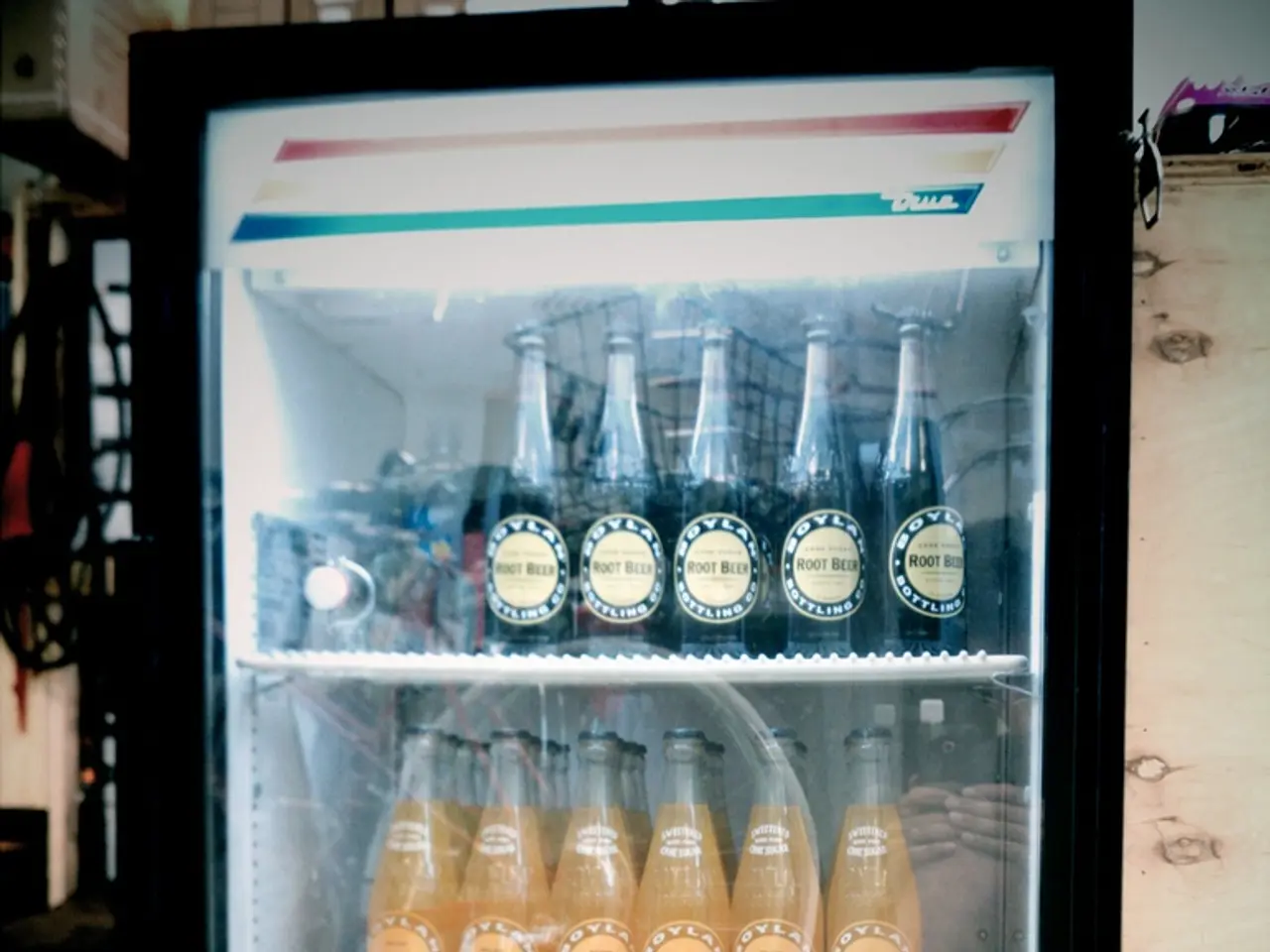Increasing Freezer Temperatures in Labs Has Become Energy-Saving Trend, Spreading Globally
The Reinhardt Laboratory at McGill University has taken a significant step towards reducing energy consumption and operating costs, by setting their ultra-low freezers to operate at -65°C. This adjustment, part of a global movement to promote efficient storage practices, could potentially save millions of kilowatt hours of energy.
Researchers at the lab have found that increasing the temperature of the freezers by a few degrees can extend the equipment's lifespan and decrease the frequency of defrosting. Moreover, experience has shown that for their reagents, there's not too much difference between -80°C and -65°C.
This move is in line with McGill University's participation in the International Freezer Challenge, an initiative that encourages labs worldwide to rethink their storage practices on a global scale. The Challenge offers prizes to participating labs and has, since its launch six years ago, saved over 24 million kilowatt hours of energy worldwide.
The accumulation of old, unused samples in freezers can lead to clutter and energy waste, turning them into energy-hungry graveyards. Researchers worldwide are sharing data on what survives at different temperatures, building evidence that scientists can maintain their samples while being less wasteful.
It's worth noting that most items stored in ultra-low freezers are not actively used, with estimates suggesting that 80 to 90% of items may never be used. Some reagents, like messenger RNA, are notoriously fragile and may require lower temperatures, but others are sturdy enough at -65°C.
McGill isn't the only institution embracing these practices. In 2011, McGill University's Faculty of Medicine stored DNA samples at room temperature with support from the Sustainability Projects Fund, proving that freezers aren't always necessary.
Regular cleaning and inventory management of freezers can further help reduce energy consumption and waste in laboratories. Allen Doyle, who launched the "Just Call Me Ultra-Low" campaign, aims to break the cultural association between freezers and one magic number.
The potential savings, both financial and environmental, from using warmer freezers are enormous. By inching up the temperature, labs can cut electricity use by as much as 30 percent. McGill alone has hundreds of these freezers running around the clock, and there are tens of thousands of such freezers across the world.
The Reinhardt Laboratory's switch to -65°C is a testament to McGill's commitment to sustainability and efficient practices. It's a small step towards a larger goal of reducing energy consumption and waste in laboratories, contributing to a greener future for scientific research.
Read also:
- Restoring SCN2A gene function in mice through CRISPR activation enhances neurodevelopmental outcomes.
- Tracking Grapes for International Shipping
- New York joins a multistate health coalition to counteract chaos in federal vaccine distribution efforts
- Enhanced Iron Absorption in Female Health: Biotechnology Developed Plant Protein Outperforms Iron Supplements in Fermentation






